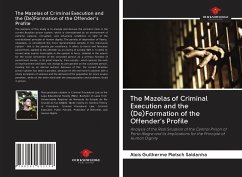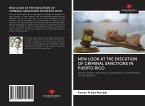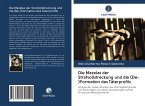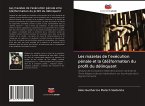The purpose of this study is to analyze and discuss the eminent crisis in the current Brazilian prison system, which is characterized as an environment of extreme violence, corruption, and inhumane conditions in light of the constitutional principle of human dignity. The penalty of deprivation of liberty, nowadays, is considered the most representative penalty in the repressive system - this is the penalty par excellence. It refers to harsh and ferocious punishment, applied to the offender as an enemy of society. With it, it seeks to correct what seems incorrigible in the system in force. Unbelief in the search for the social reinsertion of the convicted person as a primary function of punishment comes, in its great majority, from society - which ignores the evils of imprisonment and does not change its perspective on the convicted person, treating him as an eternal outcast. Because of this, the current Brazilian prison system has been a paradox, because on the one hand it coexists with a sharp escalation of violence and the demand of the population for more severe penalties, while on the other hand with the overpopulation and problems faced in prison.
Bitte wählen Sie Ihr Anliegen aus.
Rechnungen
Retourenschein anfordern
Bestellstatus
Storno








